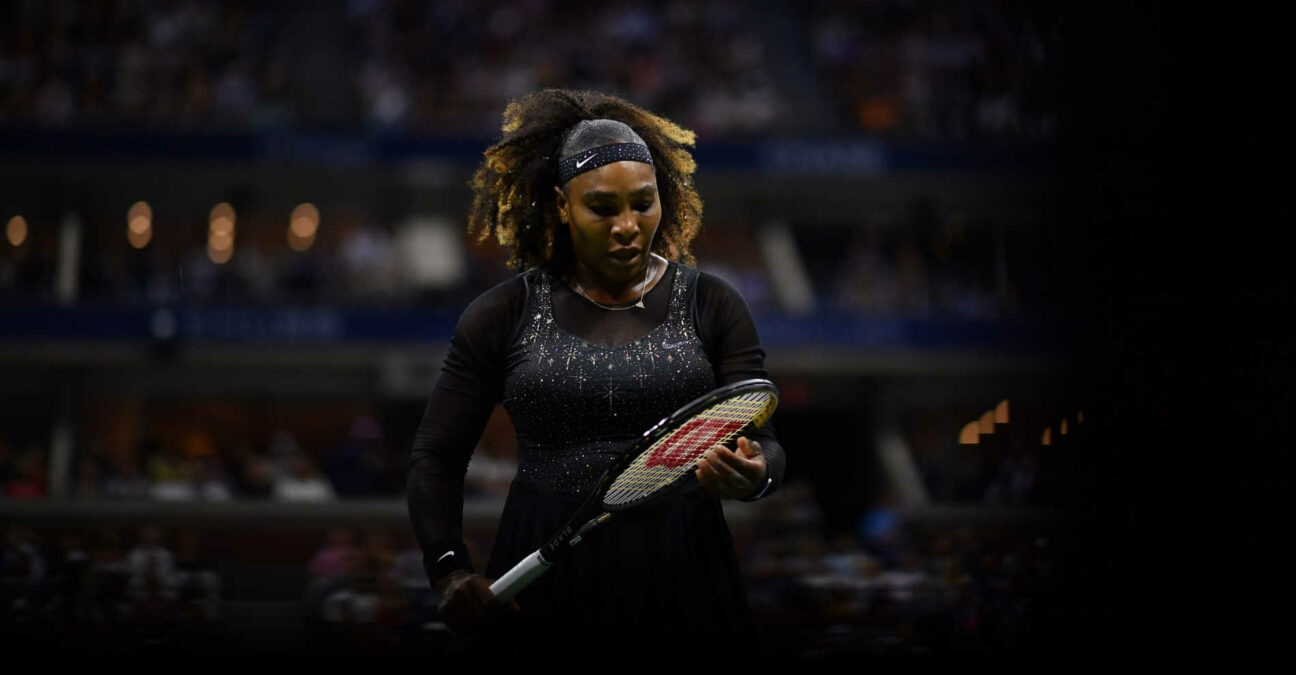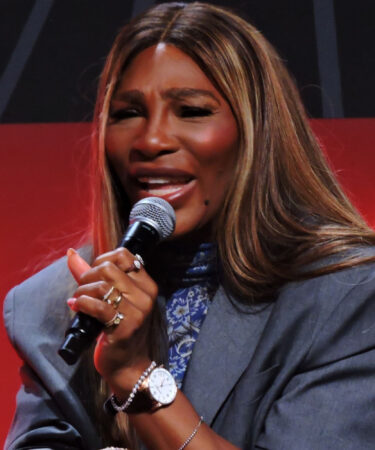Inspiring Sports Stars Who Have Battled Depression
Serena Williams, Michael Phelps and Tyson Fury are the few to have braved mental demons
 Serena Williams, US Open 2022 | © AI / Reuters / Panoramic
Serena Williams, US Open 2022 | © AI / Reuters / Panoramic
What does mental fitness mean to you? Regular visitors to our site already know it’s a subject close to our hearts. Our team researches, writes, edits, and publishes regular columns on mental health and mental fitness. How you go about taking care of your mental health is entirely up to you — it may be exercising, breathing fresh air, reading, or writing. You likely have more options than you think, especially when you’re in the jaws of the black dogs.
Depression takes no prisoners, and if you’re a victim or are in rehab, you’ll know it doesn’t care about your job, savings, social status, and even physical fitness. Not too long ago, depression was seen as a sign of weakness, which led many, especially men, to hide and ignore their problems, and self-medicating. The list of such victims includes captains of industry, TV personalities, and athletes you can follow after reading the latest review of Bovada.
We’re glad to say that in 2024, people are more aware of mental health problems than ever before. But we ain’t there yet, and plenty of work lies ahead if we are to reach a place where absolutely everyone with poor mental health feels confident enough to seek professional help. We also have a long road to travel before we find a universal treatment for depression and anxiety. But undoubtedly we are on the right path.
Fighting depression
In recent years, many sports stars have come forward to announce their battles with depression, anxiety, and other major mental health problems. Thousands more, however, chose to struggle in silence, guilty of nothing but having poor mental health at a time when it wasn’t understood. But those who do reveal their worries and seek medical assistance have paved the way for millions.
The most illuminating case out of all has been about a sports star going public with his poor mental health. He is the world heavyweight champion Tyson Fury. After dethroning long-time champion Wladimir Klitschko in Germany to capture a number of belts, Fury went AWOL. He relinquished his hard-earned prize, citing mental health problems, including depression and anxiety. The towering boxer consequently battled alcohol and drug abuse as well.
When Fury first spoke out in 2015, there was no lack of stigma and false information regarding his problems. Critics said he would never return to the ring, but he did, in a way that cemented his legacy further.
Inspirational comeback
Fury’s comeback is nothing short of inspirational. The Englishman spent almost three years inactive and piled on weight. He got back to the drawing board, using exercise and boxing to suppress the suicidal thoughts. Tyson returned to the ring and battled his way to the pinnacle of the sport.
Fury knocked out American Deontay Wilder twice to win and defend the WBC Championship Belt. He held the title from February 2022 to May 2024.
Tyson’s story is unique to boxing, tracking his rags-to-riches and then rags-to-riches again. But he’s not the only major athlete to have battled depression and mental health. Swimmer Michel Phelps and tennis legend Serena Williams are two other household names on the list.
Michael Phelps
One notable figure who braved depression is Michael Phelps, the most decorated athlete in Olympic history. Despite his unparalleled success in the pool, Phelps found himself in the grips of depression, emptiness and worthlessness.
In 2014, he revealed his struggles publicly, shedding light on the silent epidemic plaguing athletes worldwide. Phelps’ effort sparked important conversations about mental health in sports, encouraging others to seek help and support.
Serena Williams
Serena Williams, the tennis legend known for her dominance on the tennis courts, has also faced mental health challenges. Despite her fierce competitiveness and steely resolve, Williams has spoken candidly about her struggles with depression, particularly after facing devastating losses and personal setbacks.
The 23-time Grand Slam champion’s willingness to confront her demons and advocate for mental health has inspired countless, demonstrating that even the strongest among us can be vulnerable.
Kevin Love
Another athlete who has courageously shared his journey with depression is NBA superstar Kevin Love. Despite his soaring presence on the basketball court, Love fought inner turmoil, strangled with anxiety and depression in silence.
In 2018, he penned a heartfelt essay detailing his hardships, emphasising the importance of prioritising mental health and seeking support. Love’s vulnerability resonated deeply with fans and fellow athletes, sparking a much-needed dialogue about mental wellness in professional sports.
Ronda Rousey
MMA fighter Ronda Rousey has also fought depression in the wake of her high-profile losses. Despite being the trailblazer inside the octagon, Rousey faced crushing defeats that took a toll on her mental health.
In several interviews, she has spoken candidly about harboring suicidal thoughts and feelings of worthlessness, underscoring the psychological challenges inherent in combat sports. Rousey’s confession opened important conversations about mental health in the MMA community, prompting greater support for athletes facing a similar challenge.
German national team
Beyond individual athletes, there have been entire teams confronting the scourge of depression. The German National Football Team, for instance, faced a collective struggle with mental health following their ouster from the 2018 FIFA World Cup.
The reigning champions finished at the bottom of their group, sending shockwaves throughout the footballing world. In the aftermath, several players spoke about their battles with depression, pointing at the intense pressure and emotional burden of elite-level competition.









